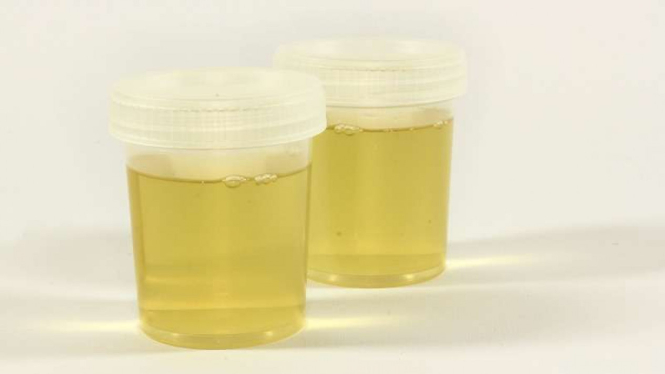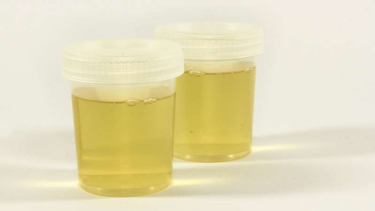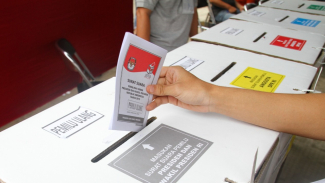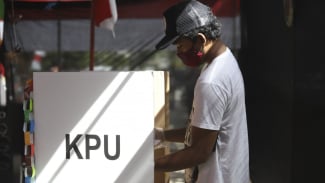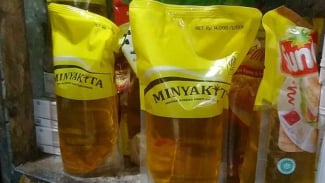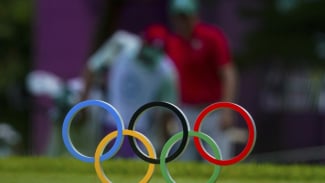Who Would Have Thought Urine Can be Useful
- Pixabay/ frolicsomepl
VIVA – The war between Russia and Ukraine has increased the risk of a worldwide hunger crisis. This war also pushed up the price of fertilizer. The existence of this pressure makes scientists think urine recycling could be a solution to help plants grow and strengthen food security.
People may not expect Battleboro, a city in the state of Vermont, United States (US), as the host of a pee competition. Every year, about 200 participants compete to collect the most urine to win the trophy. And, significant to fertilize the plants.
The tournament is organized by the Rich Earth Institute, a local non-profit organization that pasteurized donated urine and supplies it to agriculture for use as a substitute for synthetic fertilizers.
A known urine contains nitrogen, phosphorus, potassium, and micronutrients, all of which can make plants grow.
Urine recycling will be a program which developed by the institution. For supporting the program, the institution has installed special toilets in most of the volunteers' homes, which can separate urine from its source. So, it can be pumped out and transported to where it is needed.
"(The volunteers) are very proud of what they are doing. They see it as another way to recycle," said Abraham Noe-Hays, director of research at the Rich Earth Institute, as quoted from the Deutsche Welle website on Monday, May 16, 2022.
Turning urine into fertilizer is unlimited to this community. Spin-off company Rich Earth is developing a system that can be used in buildings. So, it can extend the program to other places.
Furthermore, in countries such as Sweden, France, Germany, South Africa and Australia, other organizations are working to reuse human waste in an effort to reduce dependence on commercial fertilizers, which poses a range of environmental and economic challenges.
Synthetic nitrogen fertilizers pollute groundwater and are a significant driver of climate change. The production and use of such fertilizer’s accounts for 2.4 percent of global emissions, according to a 2021 study.
Global phosphorus reserves are also shrinking and farmers around the world have faced shortages with soaring prices since Russia, a major fertilizer exporter, invaded Ukraine. Scientists have long valued the resources found in human waste as a way to reduce dependence on imports.
"When there is a shock in the supply chain, how do we grow food? Recycling urine increases the resilience of our food system," said Prithvi Simha, researcher at the Swedish University of Agricultural Sciences (SLU).
About a third of all nitrogen and phosphorus used in agriculture globally could potentially be replaced by nutrients obtained from urine, according to Simha.
This percentage grows dramatically for countries such as Uganda or Ethiopia, where there is a large population to provide urine, but not much synthetic fertilizer is used because it’s too expensive.
Simha is part of a research team that developed a way to convert urine into a solid fertilizer that is smaller in volume and looks like the synthetic pellets that most farmers use today.
SLU's spin-off company, Sanitation 360 based in Sweden's Gotland Island is equipping toilet with cassettes that make urine alkaline. This process allows the nutrients it contains to remain stable while a fan evaporates the water, leaving behind a dry powder.
"There's quite a lot of complex chemistry behind how we make this happen, but in reality, it's pretty simple to implement," said Simha.
Sanitation 360 has partnered with a company that rents out portable toilets. This step increases urine collection from 1.500 liters to 25.000 liters and next year, 250.000 liters are targeted to be achieved.
If urine fertilizer wants to become mainstream, it must be able to compete with synthetic fertilizers that are mass-produced.
Those efforts include getting certified by national regulators because some parts of the world still label urine separated from its source as waste.

